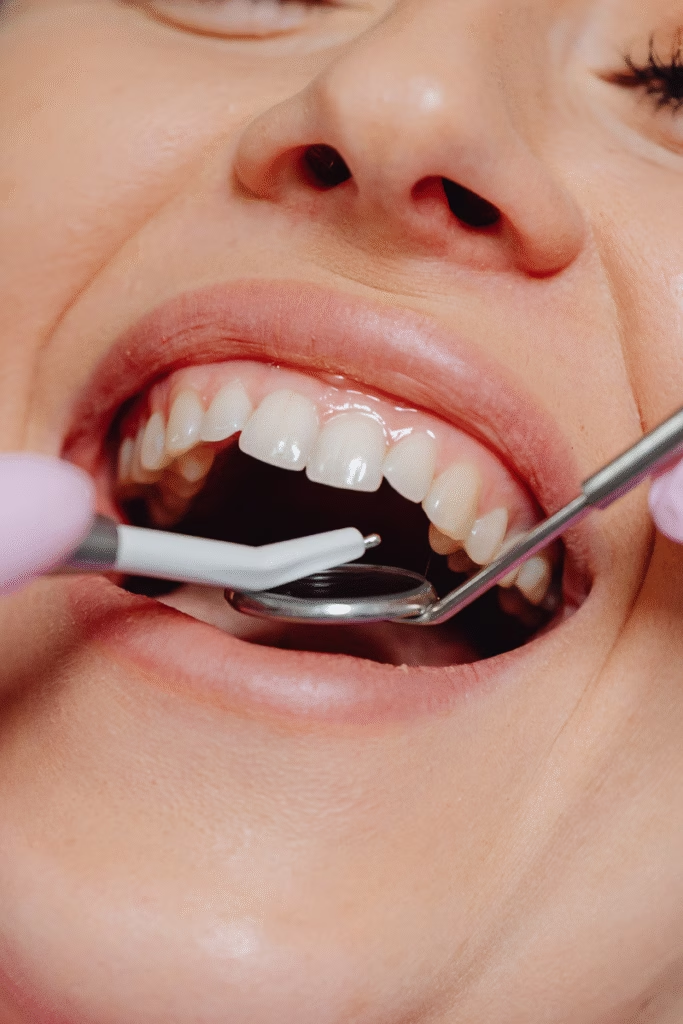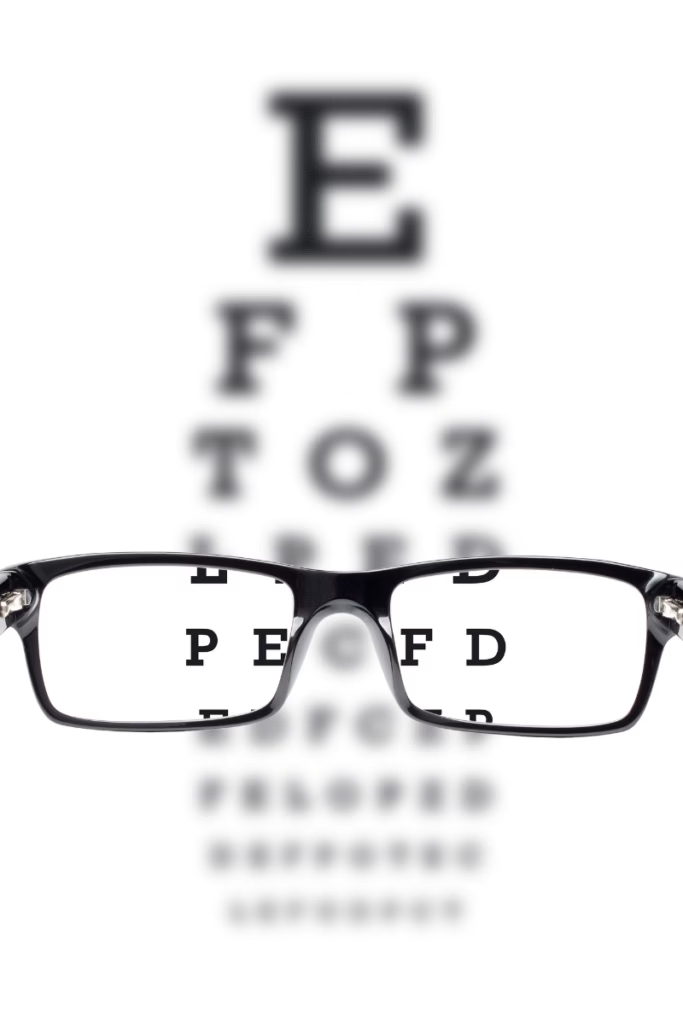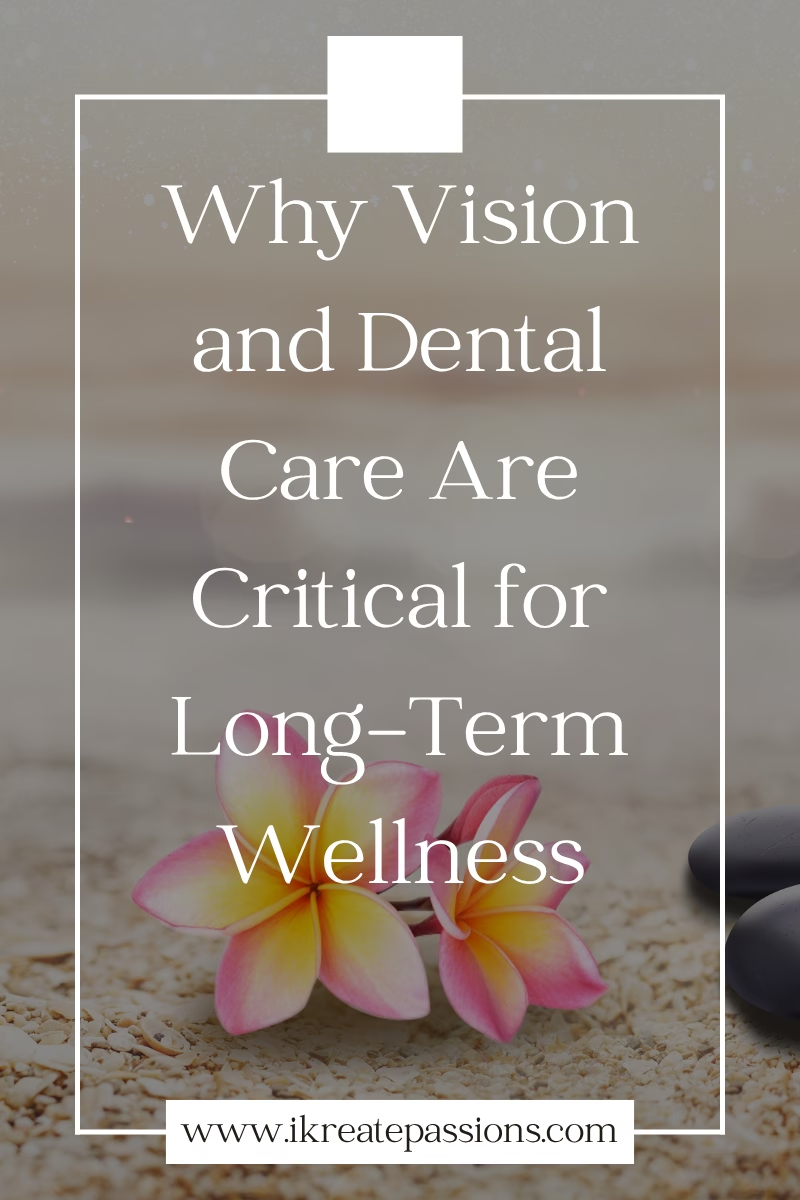Key Takeaways:
Consistent vision and dental care are crucial in supporting overall health, detecting severe medical conditions early, and enhancing quality of life across every stage. Awareness and regular appointments with dental and eye professionals ensure that issues are managed before they can lead to more severe health consequences.
Table of Contents:
- Introduction
- Oral Health and Total Wellness
- The Importance of Regular Dental Visits
- How Vision Care Supports Health
- Routine Eye Exams and Disease Detection
- Interconnection Between Vision, Dental, and Overall Health
- Conclusion
Introduction
Maintaining robust vision and oral health is far more than a matter of comfort or appearance. Eyes and teeth serve as critical gateways to the broader health of the body, with regular exams providing opportunities to catch symptoms of major systemic illnesses. Incorporating dental and vision care into every person’s preventive health routine supports immediate well-being and vitality. Understanding why these two areas matter sheds light on the far-reaching benefits of proactive self-care.
Oral Health and Total Wellness
Oral health sets the tone for the body’s overall state, as the mouth is directly connected to major biological systems. Bacteria in the mouth can enter the bloodstream and, if not controlled through proper care, may contribute to heart disease, stroke, and complications during pregnancy. Dental professionals consistently identify the health of gums and teeth as a strong indicator of broader health status. Incorporating comprehensive protection, such as options found through FEDVIP plans, makes it much easier for individuals and families to prioritize preventive measures like cleanings, x-rays, and timely restorative treatments.
The critical role of oral hygiene extends into the management of chronic conditions. For instance, individuals with diabetes who maintain good dental health tend to experience improved blood sugar control. Research indicates that addressing periodontal disease can decrease systemic inflammation and may help reduce the risk of autoimmune diseases. Furthermore, mouth conditions such as tooth decay and gum disease can cause pain, impair speech and eating, and lower confidence, negatively affecting daily life. Individuals support whole-body wellness over the long term by valuing dental health as a foundation for well-being.

The Importance of Regular Dental Visits
Visiting a dental professional at least twice a year is widely recommended, while some situations may require more frequent appointments. These visits are essential for catching early signs of dental and systemic problems, including cavities, gum disease, and oral cancers. Dentists are trained to look for abnormalities affecting teeth and gums, the tongue, cheeks, and the roof and floor of the mouth. Early identification makes interventions less invasive, more effective, and less costly in the long run.
Routine cleanings help remove plaque buildup that even diligent home brushing and flossing may miss. This proactive attention reduces the risk of painful toothaches and the need for emergency dental work. Dental visits also provide essential education for every stage of life. These professional encounters build lasting oral health awareness, from coaching children on good brushing habits to advising older adults on denture care or dry mouth. Regular appointments are foundational to a healthy mouth, day, and an enjoyable lifestyle.
How Vision Care Supports Health
The role of vision care transcends providing clear sight. The eyes are often the first area to display symptoms of health conditions like high blood pressure, diabetes, thyroid disease, and even certain types of cancers. Professional eye exams can uncover these conditions during their early, more treatable stages. People often show no warning signs or symptoms, making regular check-ups critically important for all age groups.
Vision checks help correct refractive errors, provide suitable prescriptions, and monitor eye health conditions such as glaucoma, cataracts, and macular degeneration. Catching these issues early ensures timely management, reducing the risk of vision loss and keeping individuals engaged in work, hobbies, and social activities. Additionally, proper vision care supports academic performance in children and job productivity in adults, as undiagnosed vision problems often result in reduced concentration and frequent headaches. Preventive vision care, therefore, stands out as an indispensable element of lifelong wellness.
Routine Eye Exams and Disease Detection
Comprehensive eye examinations are potent tools in preventive health care. Unlike vision screenings that only assess sharpness of sight, complete exams evaluate inner and outer eye structure, measure eye pressure, and assess how well the eyes work together. This in-depth look enables eye care professionals to discover signs of chronic diseases, including diabetes (via retinal changes), high cholesterol (through certain deposits in the eye), and autoimmune conditions.
Furthermore, these routine appointments provide opportunities to detect and correct unaddressed vision issues such as astigmatism or presbyopia, particularly in middle-aged and older adults. People minimize the impact of gradual eyesight decline by responding proactively to subtle vision changes. This yields greater independence, enhances safety during daily activities like driving, and directly contributes to a higher quality of life.

Interconnection Between Vision, Dental, and Overall Health
The importance of vision and dental care multiplies when considering the intricate links between different systems in the body. Oral infections, if left unchecked, can impact cardiovascular and respiratory health. Similarly, undiagnosed vision problems can increase the risk of accidents, lower overall well-being, and affect the ability to manage chronic medical conditions effectively.
Both dental and vision professionals often serve as the first line of defense against systemic health concerns. Their assessments enable early referrals, leading to timely interventions by other specialists and a more comprehensive approach to long-term health. This collaborative dynamic strengthens preventive measures, encouraging health-conscious habits and making it easier for individuals to avoid medical challenges as they arise.
Conclusion
In summary, investing in consistent vision and dental care is essential for those who seek long-term wellness. These two facets of preventive healthcare work together to detect early signs of disease, guide individuals through important health decisions, and maintain optimal daily function at every age. Emphasizing the value of dental and vision care in one’s routine not only preserves smiles and sight but also creates a solid foundation for an active, healthy, and fulfilling life.
